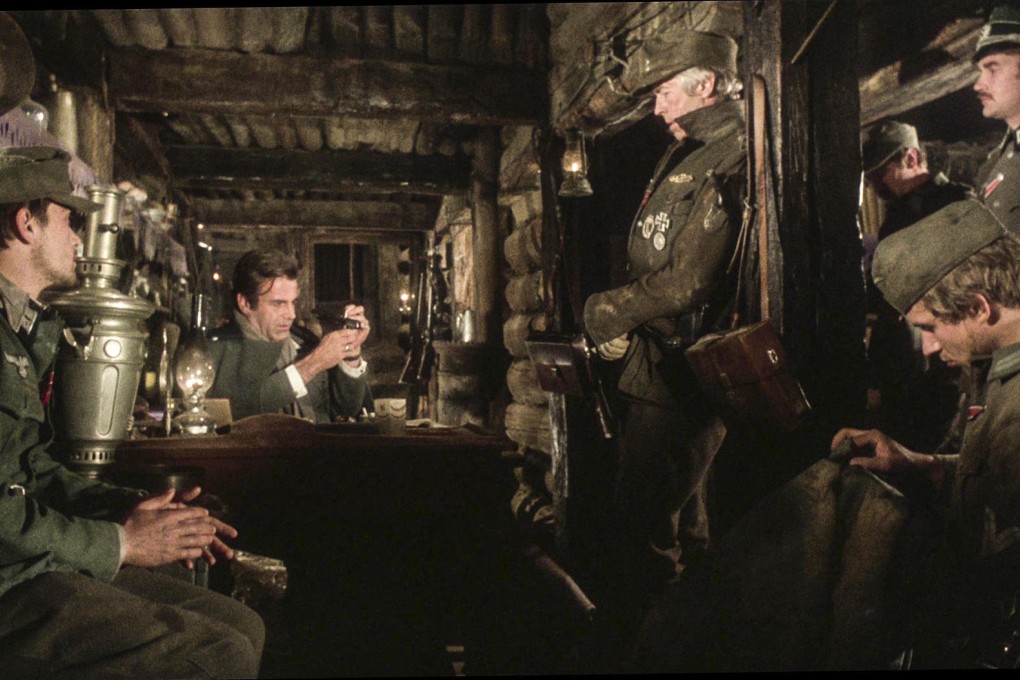Nostalgia trip: a film, album and book on theme of armies

Sam Peckinpah's neglected 1977 film one of the best ever war movies
Armies of filmmakers have cited it as one of the best war (or, anti-war) films ever made. Orson Welles hailed it upon its release, Quentin Tarantino used it as a blueprint for Inglourious Basterds, and everyone from Michael Mann to John Woo has taken its themes to heart.
But Cross of Iron had the unfortunate timing of being released in May 1977, just weeks before Star Wars changed the cinema-going experience forever. Gone were the bleak philosophies, the thorough honesty and the refreshing cynicism of "New Hollywood", replaced by worry-free spectacle and big-budget special effects.
It's unfortunate, since this is one of cult director Sam Peckinpah's greatest films, and certainly his most underrated. The German army is beaten and battered at the end of the second world war, fighting a futile battle on Russian soil. Within this chaos are two officers: a working-class German sergeant (Coburn) renowned for his bravery and valour, and his commanding captain, an arrogant Prussian aristocrat (Schell), fearful of not only battle but his standing in society if he doesn't return home with an Iron Cross, given for valour.

Cross enlightens as much as it reminds. It's unique for not only its depiction of the Russian battlefront (which most historians agree is where the war was truly lost), but also for the way it sympathises with those commonly depicted as "evil men". These soldiers are Germans, but they're not necessarily Nazis. Some, like the two leads, are apolitical and just fighting for pride, whether it be personal or their country's.
And even though they don't necessarily agree with Hitler's ideals of Jewish genocide and Aryan supremacy, they do what they must to get by. Peckinpah's trademark sense of violence, emotionally heightened through slow motion and surreal imagery, fills the movie. But where his popular westerns used the techniques for visceral effect, here they deliver a visually compelling anti-war message - all amplified by the philosophies of everything in between.